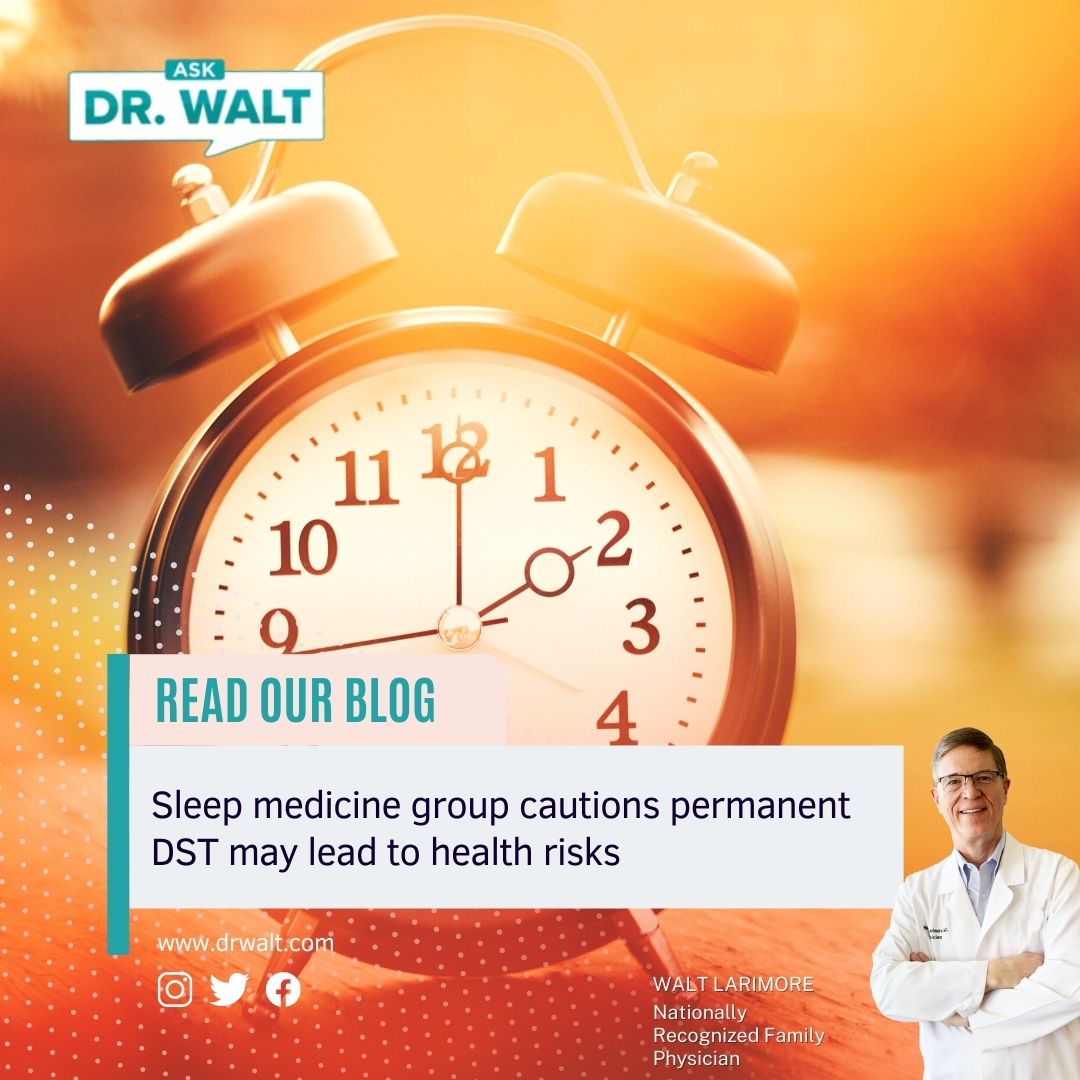
Vaccination appears to lower risk of long COVID
March 28, 2022
Sleep medicine group cautions permanent DST may lead to health risks
March 30, 2022I’ve told you in the past that sleeping in a dark room with no light improves sleep and overall health. A new study reported that sleeping for only one night with a dim light, such as a TV set (even with the sound off), raised the blood sugar and heart rate of healthy young people participating in a sleep lab experiment,
In the study, dim light “entered the eyelids and disrupted sleep despite the fact that participants slept with their eyes closed.”
Heart rate typically drops at night, slowing down as the brain is busy repairing and rejuvenating the body. However, an elevated heart rate at night has been shown in numerous studies to be a risk factor for future heart disease and early death.
Prior research has shown an association between artificial light at night and weight gain and obesity, disruptions in metabolic function, insulin secretion and the development of diabetes, and cardiovascular risk factors.
High blood sugar levels are a sign of insulin resistance, where the body stops using glucose properly and the pancreas goes into overdrive, flooding the body with extra insulin to overcompensate until it eventually loses its ability to do so.
Over time, insulin resistance can ultimately lead to Type 2 diabetes.
What advice would the researchers give people based on her study and existing research in the field?
- The strength of the evidence is that you should clearly pay attention to the light in your bedroom.
- “Make sure that you start dimming your lights at least an hour or two before you go to bed to prepare your environment for sleep.
- Close your blinds and curtains, turn off all the lights, and consider using a sleep mask.
- Check your bedroom for sources of light that are not necessary.
- If a night light is needed, keep it dim and at floor level so that it’s more reflected rather than right next to your eye or bed level.
- Also, be aware of the type of light you have in your bedroom and ban any lights in the blue spectrum, such as those emitted by electronic devices like televisions, smartphones, tablets, and laptops.
“Blue light is the most stimulating type of light,” one of the researcher added. “If you have to have a light on for safety reasons change the color. You want to choose lights that have more reddish or brownish tones.”
The findings were published in the journal of the Proceedings of the National Academy of Sciences.
© Copyright WLL, INC. 2022. This blog provides healthcare tips and advice that you can trust about a wide variety of general health information only and is not intended to be a substitute for professional medical advice, diagnosis, or treatment from your regular physician. If you are concerned about your health, take what you learn from this blog and meet with your personal doctor to discuss your concerns.




